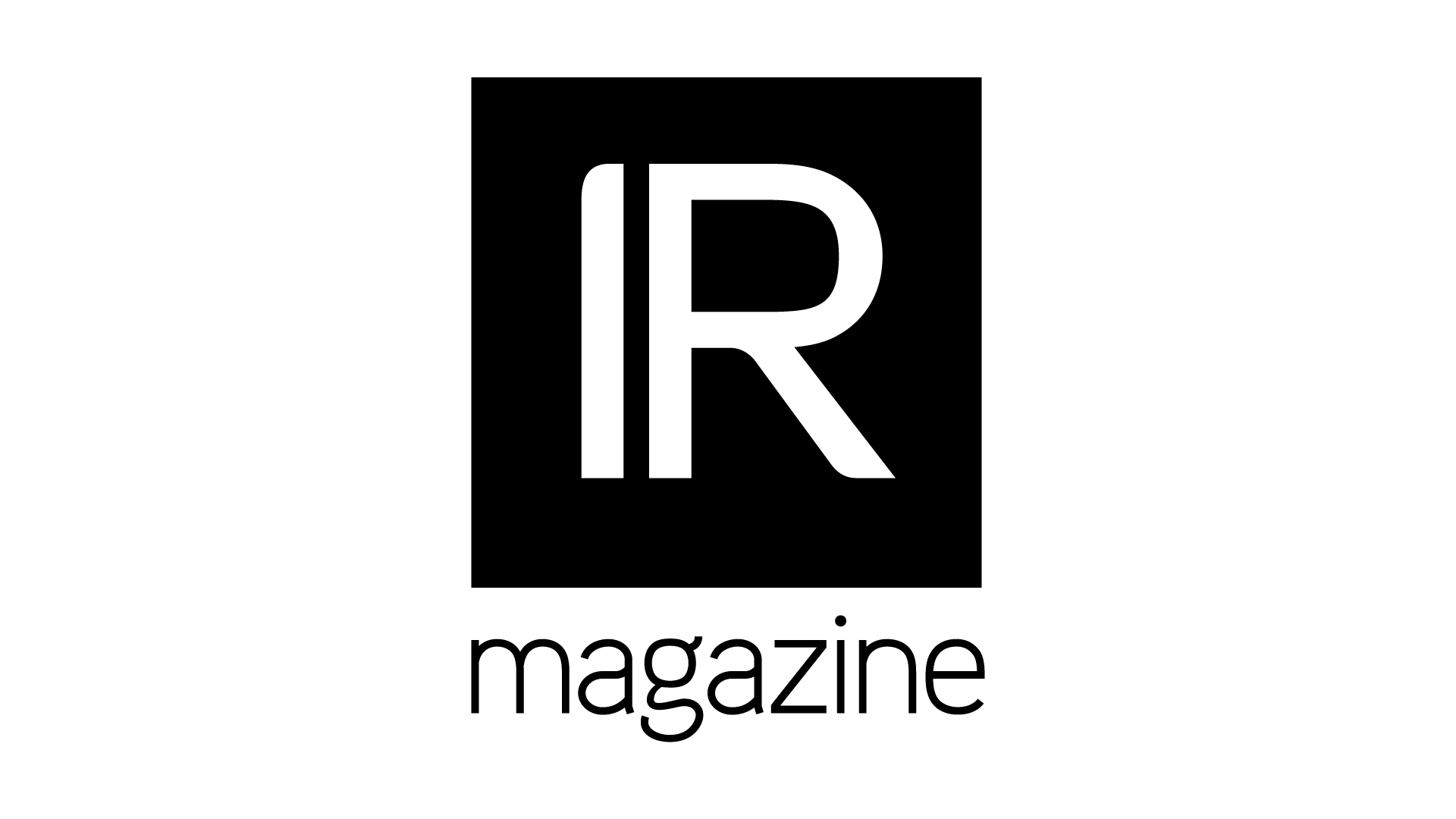Saudi Arabia’s anti-graft disclosure
Much heat and little light
16 November 2017 | Oliver Schutzmann, CEO

This article was originally published in IR Magazine.
Saudi Arabia is undertaking its biggest ever strategic communications exercise. The kingdom is inviting investment into many new multi-billion-dollar projects; it is seeking an international listing of its largest company; and it is modernizing its capital markets and opening them to international investors to an unprecedented degree. And to achieve a successful transformation, the kingdom is ensuring its house is in order before inviting guests in.
Vision 2030 is not a PR stunt: it is a national modernization strategy complete with full disclosure.
In the days following the well-publicized crackdown on corruption in early November, the world’s commentariat has indulged in a feeding frenzy. Every major news outlet around the world (and most of the minor ones) has opined on the meaning behind the headlines, and has indulged in mass speculation and crystal-ball gazing.
While these words of speculation have generated a great deal of heat, there remains far too little light, and the broad conclusion we are invited to draw is summed up by the concluding sentence in yet another commentary in the The Times: ‘It is unclear how the present crackdown will pan out in the longer term’.
One amusing game for media watchers in this maelstrom of newsprint is to count the clichés: for every use of the phrase ‘shifting sands’, ‘desert kingdom’ and ‘oil-rich sheikhdoms’, an increasing level of skepticism about the substance of the story should be applied.
Amid the speculation, sober observers are asking what the reality is. What we do know is this:
- A series of arrests and detentions has been made by Royal Decree
- The detainees are accused of corruption and financial crime
- Asset freezes were placed on personal bank accounts (not corporate accounts) of detainees
- The price of oil has risen, with Brent Crude steadying above $60/barrel
- A government decree has been issued to affected companies to continue their business as usual
- The move came shortly after the conclusion of the Public Investment Fund’s conference in Riyadh, which attracted global financial leaders and ensured the world’s media was still focused on the kingdom.
For investors, the short-term outcome has been a multi-billion-dollar sell-off in Gulf Cooperation Council (GCC)-listed equities in the trading sessions following the announcement (though the losses in Saudi Arabia were quickly reversed). So when all the facts are lined up, the whole is less dramatic than the sum of the parts. Of course, these developments are surprising, but are they unprecedented? We think not.
As ever, some context is helpful to dispel some of the heat and, hopefully, to reveal some light. The parallel to be drawn here is with Dubai in 2009. After a decade of rapid growth, Dubai World defaulted on its debt repayment. As with recent events in Saudi, the biggest impact was caused by the way in which the news was revealed: out of the blue, on the eve of a holiday. Markets do not like surprises, and surprises from governments are just as unnerving for investors as surprises from corporates.
Like Saudi, part of Dubai’s solution to the market response was to address the underlying governance issues in both the public and private sector. Organizations were asked to restructure and mature in ways that were painful and unsettling. Following a period of adjustment, and the application of a healthy shot of transparency, the growth has resumed. Dubai has emerged much stronger.
Now what comes next for Saudi?
One thing everyone agrees on is that there will be more medicine to be taken. For too long an opaque business culture in the region has been excused by saying, ‘But that’s how things work here’. No more: change has landed, reform is underway, and it will be long term and sustainable. It is clear to any observer that Saudi Arabia is serious about reform. And where Saudi leads, the rest of the Gulf follows so the whole region must get used to a new age of accountability, transparency, disclosure and fair dealing.
Organizations and leaders that embrace this new spirit will thrive in the new environment. For investors, recent events in Saudi should mark the arrival of a tremendous opportunity. The media commentators scratching their heads while struggling to interpret developments should be ignored. It is time for light, not heat, in the GCC’s capital markets.